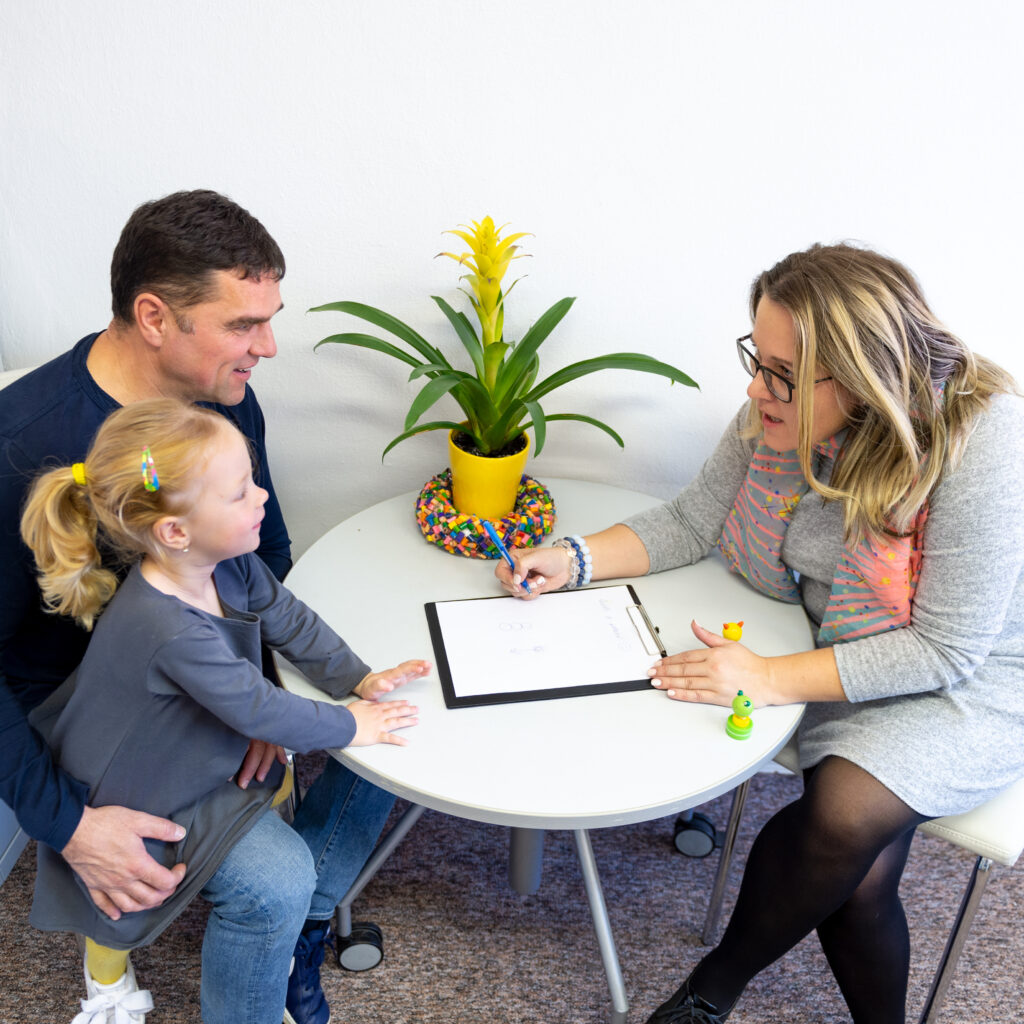Assessment Services
Relate First offer a range of Occupational Therapy Assessments to assist our clients.
Functional Capacity Assessment
Functional capacity assessments are completed by an Occupational Therapist to identify the level and type of support for NDIS participants. These assessments are completed using a combination of interviews, clinical observations and standardised measures according to NDIS guidelines.
Paediatric Initial Assessment
A holistic assessment that is conducted by the Occupational Therapist using clinical observation and standardised measures when necessary. During the initial assessment, we look at all the aspects of your child’s life at home, childcare and school. This will also include exploring your child’s gross motor, fine motor, social, play and emotional regulation skills. The initial assessment will also look at the child’s cognitive and self-care development. We provide you with a report that summarises the assessment.
Initial assessments help therapists and parents to identify areas of concerns in the child’s development which would guide therapy or referral to other services.


School and Childcare Assessment
These assessments are completed by the Occupational Therapist to determine the accessibility of schools or childcare facilities for children with disability. These assessments are often completed prior to a student commencing at a school or when transitioning from one school to another.
The Occupational Therapist will be looking to identify potential barriers to the student’s participation during their time at the school, whether in the playground or in the classroom. After identifying the barriers, the Occupational Therapist provides the school or childcare with recommendations to maximise inclusivity and assist their student to reach their potential.
These assessments can include physical environment for wheelchair accessibility, sensory environment such as seating, sensory equipment, or strategies for different learning styles such as those for autistic children.
Sensory Profiling
When a person (adult or child) has sensory processing difficulties they are unable to process sensory information from their environment appropriately. Sensory processing difficulties affect behaviour and function.
The sensory system is comprised of 8 senses
- Vision
- Hearing
- Smell
- Taste
- Touch
- Balance (vestibular)
- Body awareness (proprioception)
- Interoception (from internal environment such as pain, heat, cold, emotion and the urge to go to the toilet)
Sensory processing differences can be in any one or more of these senses.
Sensory profiling is completed by an Occupational Therapist to identify sensory differences in individuals and these can vary in different environment such as in school or the home. When we learn about sensory differences, we can improve the person’s quality of life, behaviour and function by optimising their environment, developing coping sensory strategies as well as building their own awareness whenever possible.
